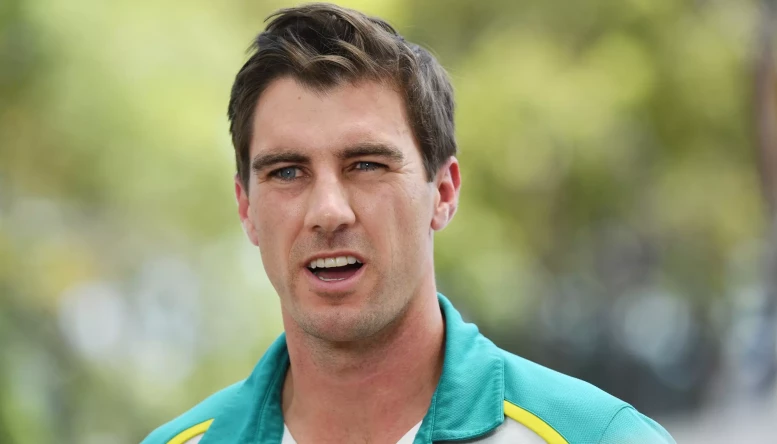Cricket Feature: Is the cricket calendar too full of scheduling clashes that it may deny central contracts?
When the ICC announced the Future Tours Programme (FTP) for the 2023-27 cycle, people quickly noted that the number of international matches that will be played had increased from the previous cycle
 Pat Cummins turned down offers as high as $1 million to play in state-based Indian franchise leagues
Pat Cummins turned down offers as high as $1 million to play in state-based Indian franchise leaguesThis isn't because each central team – India, Australia, England – kept separate windows for their domestic franchise leagues.
The Ashes schedule for next season has been brutal, and many have criticized the quick turnaround in-game time and the packed calendar.
But the prospect of being away from home more often than not is taking a toll on players. The likes of Trent Boult, Colin de Grandhomme, and Jimmy Neesham have all recently opted out of receiving New Zealand's central contracts.
Aaron Finch recently stepped away from ODI cricket – although that has as much to do with poor form than anything else. While James Pattinson is about to take an extended break from the game to spend time with his family.
So the question naturally arises – Is the schedule of cricket players a little too crowded? The short answer is yes.
The long answer is that it is, but that has always been the nature of cricket. And in a time where broadcast revenue is necessary and also the biggest earner for the sport, it's only natural that TV channels would want more air-time filled with cricket games.
Previously, there was less discussion about this, but today the players have an alternative to turn to – franchise leagues.
Indeed, many players have become a gun for hire across the world in any tournament that pops up. And it is easy to see why there is a temptation for these leagues.
The money is more, and the schedule is far less brutal – ensuring players get significant time away from the game to spend with their families.
Some would argue the money involved is bonkers – Pat Cummins recently revealed he turned down offers as high as $1 million to play in state-based Indian franchise leagues!
So players know there are alternatives, which is why the debate over schedules is around. However, the ICC is not helping itself by packing the calendar further.
Yes, playing more international matches would ensure that ICC revenues don't dip – but that is the only significant advantage.
Players who want less playing time and more money would now naturally gravitate towards the more leisurely lifestyle afforded to them by franchise-based leagues.
And what's more, there are already players doing just that. The West Indian trio of Chris Gayle, Sunil Narine and Andre Russell are the best examples of freelance cricketers – available to play in any league where money is public.
It has hurt their international chances – none of them is in the T20 World Cup squad named by the West Indies. But it won't bother them all that much either.
And there is a danger of more players going the same route if the game's custodians don't take affirmative action to reverse the trend of 'more is more.
संपादक की पसंद
- 01
Indian Premier League: आईपीएल नीलामी में दसुन शनाका को नही मिला कोई खरीददार
- 02
SA20 League: दो दिन बाद शुरू होगी SA20 लीग, जानिए स्क्वॉड और स्टॉफ
- 03
India vs Sri Lanka: सूर्यकुमार यादव और अक्षर पटेल ने विराट कोहली-रवींद्र जडेजा के करियर पर लगाया सवालिया निशान?
- 04
FA Cup: ग्राहम पॉटर और उनकी चेल्सी टीम को करिश्में की जरूरत है
- 05
Cricket News: आवेदन की अंतिम तिथि 26 जनवरी है; महिला IPL के लिए पहली नीलामी फरवरी में होगी